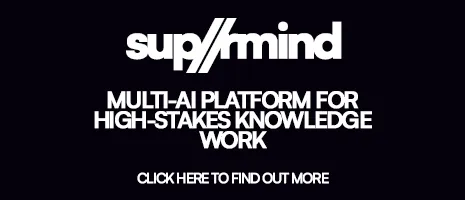To Appease a Hummingbird
At a celebration of their 15th birthday, on September 26, Google announced their new algorithm, Hummingbird. Notice how we didn’t say “algorithm update”. This is because this new fowl in the Google’s menagerie isn’t just a more or less substantial change to their existing algorithm, like Panda or Penguin were, but instead a drastic revamping of the old method that Google used to suggest websites. It wouldn’t be completely accurate to say that it’s a new algorithm, as a lot of the parts of the old one are still quite present, but it’s making much more of a difference than Caffeine did, and while Caffeine was mostly about how sites are indexed, Hummingbird brings much more groundbreaking changes.
However, those changes, at least when it comes to rankings, are still to be made obvious. New algorithm (that still incorporates Panda, Penguin, and a host of other, previously made updates) has been rolling out since sometime in August, even though it was only recently announced, and most people are still to notice a significant difference in their rankings. Reasons for this may become clearer when you consider the purpose of this new resident of Google’s Zoo.
Namely, the main intention behind the Hummingbird and the thing that it is meant to focus on is better translation of our queries into something that the algorithm can understand. Because of the increase in mobile users and the fact that a lot of people are using voice commands to search for whatever it is that they need, entering queries that are not simply formulated as a set of keywords, but instead as questions that you would normally pose to another human being, Google recognized the need to make its algorithm better responsive to such queries. So for instance, if you are looking for a shoe shop in New Hampshire, you used to type something like ‘shoe shop, New Hampshire’ however, these days most people will simply ask ‘Where can I find a shoe shop in New Hampshire’. So, basically, the intention behind the algorithm is to be able to penetrate into the meaning of the queries, instead to only look at the keywords.
Basically, this requires an astounding level of semantic comprehension on the part of the algorithm, but luckily, Google has been dabbling with semantic research for quite a while now. It has been offering results with synonyms for your keywords for quite a while now, and its understanding of language has only been increasing. While this may worry those that are afraid of Google becoming sentient, a causal, non-paranoid searcher only stands to gain from this update, but what about SEOs?
Well, so far, it seems that this is nothing to fret over. Even though the importance of keywords as such seems to be decreasing, relevance is, well, as relevant, as it always was. That is to say if you have been doing SEO based on good and informative content, you don’t have anything to worry about. It stands to reason that any piece of content that was made in order to increase your relevance for certain keywords will also contain their synonyms, and as such attract more attention from Google for those notions (I cal dibs on the term ‘keynotions’ so if you use it somewhere, you owe me money).
There has been some discussion on whether the fact that Google is now paying more attention to the standard question format will change anything. That is to say, if pages with ‘how to…’, ‘what are…’ and the like will be getting better rankings, and if this means that FAQ pages will begin to dominate the searches. This may come about to a certain extent, but it could only happen as a consequence of the algorithm’s reliance on the exact keywords, which is what this change is supposed to be putting an end to. This is also why it may have been better to title this article something like “How to Appease a Hummingbird”, but choosing to stick to a literary reference instead of trying to manipulate the algorithm is probably something that Hummingbird will soon learn to appreciate and reward with great rankings.
However, apart from rewarding good content, this may have another beneficial impact on SEO endeavors. Namely, it allows for greater anchor diversity in your link portfolio. That is to say that you can now try to get anchors with different synonyms for your keynotion (what, it’s not a word yet?) and still be confident that this will benefit your rankings. So in other words, a Hummingbird obey and keep Penguin away.
Eyes and ears of the SEO community will definitely be directed towards the fluttering of tiny wings for some time to come, and it will be interesting to see some real data on this change instead of only dealing in speculation. Even though not a lot of difference has been noticed so far, chances are that we will be seeing some major shifts in rankings as we learn to live and work with the Google’s new algorithm.


 SEARCH
SEARCH




